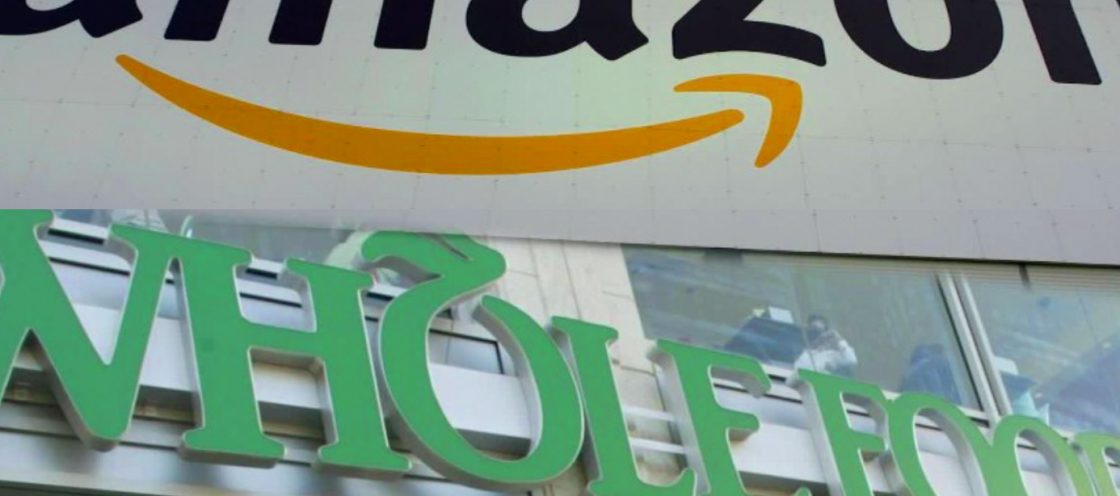Amazon Rescues Whole Foods From Itself
Checkout the video segment on money.cnn.com here.
Linkedin Article here.
Jeremy Smith | LaunchPad
While investors, stock analysts, and food industry gurus pontificate on Amazon’s acquisition of Whole Foods, there are some lessons here for food retailers and food brands. There are steep challenges ahead as the food industry moves through the early stages of the most transformational changes in our industry. Whether you are a retailer like Kroger, or a large CPG food brand, without radical changes to your business culture, you are going the way of the dinosaurs.
As the food industry evolves, consumers will continue to dramatically reduce the power traditional CPG food brands have had on America’s grocery shelves. I am not saying these brands will all go away overnight, but they have already lost a great deal of their influence and prestige. Millennial consumers are quickly shifting away from the brands they grew up with: Quaker Oats, Coke, and Kellogg’s Rice Krispies. As the children of yesterday become the adults of today, they are moving to brands like Urban Remedy, Spindrift, and Bob’s Red Mill. This is the beginning of the dominance of the emerging food brands that will drive America’s grocery shelves and ecommerce platform. As I stated during my podcast interview with Matt Aaron of Food Podcast Startups,
Whole Foods grocery shelves are stocked with the best of the best in emerging food brands. which provides them with an advantage over some traditional retailers. Their challenges, and why they needed Amazon to bail them out fall squarely at the feet of their executive management team.
Of all of the mistakes the Whole Food management team has made, the biggest blunder, in my mind, is ignoring Costco’s announcement it was moving into the organic space on a larger scale. Costco’s strategy of going after the most strategic brands carried at Whole Foods caught the Whole Foods management team completely off guard. By the time Whole Foods management realized what was happening, it was too late. In less than two years, Costco is now the number one seller of Organic Foods. Costco isn’t done, I have no doubt that Costco will continue to find success because their management team is much more proactive, and in tune with, the changes going on today, than any other retailer.
Jeff Bezos understands that for Amazon to have a shot at the big grocery pie, emerging food brands are one of the keys to his success. In that area, Whole Foods will play an important part in Amazon’s long-term strategy. Amazon will seize on this opportunity and take Whole Foods to the next level. It’s only a matter of time before Amazon enters the funding space, and creates an Amazon Food VC Fund that will provide early stage funding and beyond, to these young food brands.
The executive management team at Whole Foods behaved more like the Captain of the Titanic than the stewards of a great organization. Whether it’s Costco, or other issues, like kicking Chobani out of their stores, the management team at Whole Foods is responsible for their failures. Amazon at least will shake up Whole Foods and make sure no one is ever asleep at the wheel again.
When we look back at this historic acquisition, this transaction may very well represent the turning point, and single most important strategic acquisition, in the Food Industry of all time. At the very least, it’s a warning to every grocer and food brand that they better get things together now, or face the potential extinction of their business.


